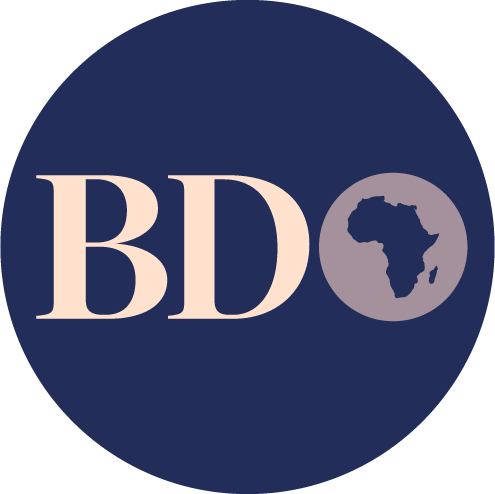As we celebrate the Top 40 Under 40 Women in Kenya, I would like to share some insights with these young winners and any other women who aspire to rise to the top in their careers.
Having spent decades in corporate leadership, coaching, training, and consulting, I have seen what it takes to succeed in a male-dominated corporate world, and I can tell you that it is not just about hard work and technical skills. It is about cultivating a set of essential soft skills that will set you apart.
First and foremost, having boundaries between your professional and personal life. Often, I have seen women throw themselves into their work as I, unfortunately, did, only to realise later that they missed out on the best things in life, such as spending time with family and friends, a financial base and pursuing hobbies or other interests or even creating one’s own nuclear family.
As you continue to scale greater heights in your careers, it is crucial to establish boundaries between your personal and professional life.
This means prioritising yourself as what I call, “Me Plc” and focusing on your well-being, first. Take care of yourself, invest in your physical and financial health, and pursue your interests beyond your career.
It is important to strike a balance between your work and personal life to be a well-rounded individual and secure your financial independence by building passive income streams which I learnt, to my detriment, rather late!
The old Kikuyu proverb, “Ukuru iriaga wethe,” roughly translated to “Old age eats from its youth,” holds true. Therefore, invest in your future by prioritising your financial stability and forget the ‘nice car, desired residential address, the designer clothes…’ which are liabilities.
Instead, seek simplicity to acquire that critical nest egg. The moral of this point is that a successful career should not come at the expense of your well-being or financial independence. Rather, it should be a catalyst for living a fulfilling life.
Secondly, develop your leadership skills. Leadership is not just about delegating tasks and managing a team; it is about being able to influence people to achieve your set goals.
This requires managing relationships and nurturing a top team that is competent, confident, motivated, empowered, and that feels psychologically safe to work for you.
So, grow your emotional intelligence skills, an essential leadership competence to truly ‘lead’ people, and stop over-focusing on technical competencies and more degrees, more certifications, and more courses as I have seen many women do!
Just focus on learning how to manage and grow relationships, and you will be well on your way to playing golf, or, being home early with your family while your team gives their ‘10 out of 10’ effort for you because they want to.
Lastly, I encourage women to develop collaborative networks, particularly among ourselves. Women groups, chamas, and other collaborative networks have a history of being very successful because of their collaborative nature.
Just as men (and companies) are collaborative with just about anybody in pursuit of their interests, there is a need for women to collaborate because it is socially more challenging for us to network as men do.
In this regard, I would like to share the story of Uri Triesman, a mathematics professor at Berkeley University in the early 1980s, who discovered that black students, despite their academic competency and studying harder than their Asian counterparts, were failing dismally while the Asians were doing well.
This is because they were studying alone as opposed to the Asians who were studying in a community.
The very successful Norwegian-backed FKE Female Future Kenya programme that I am a proud facilitator of these past 10 years works on the same principle.
Therefore, I challenge the ‘strong-Mrs Atlas -perfectionist-Can-do-it-all-ATM’, women like me to ‘stop trying to do everything by themselves, stop struggling in isolation, stop pushing help away; and, to form networks of like-minded people, men and women alike, and see how far you will go.
I challenge you to make 2023 your year of collaboration.
Mary M’Mukindia is a business consultant, mindset coach, certified Genos Emotional Intelligence practitioner and motivational speaker.


